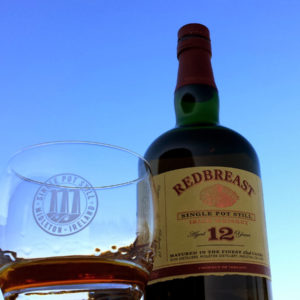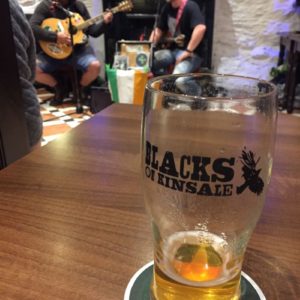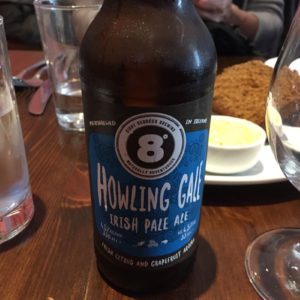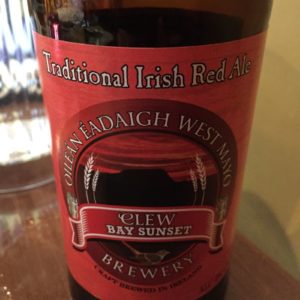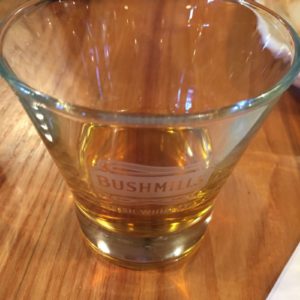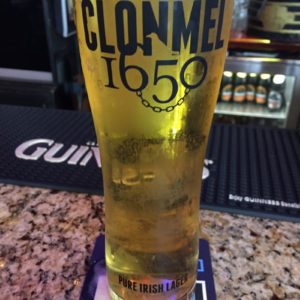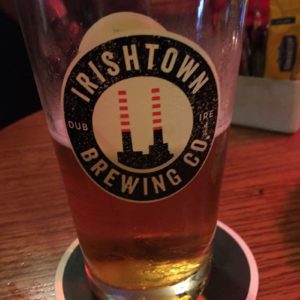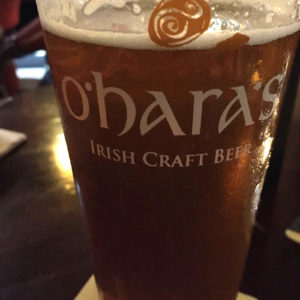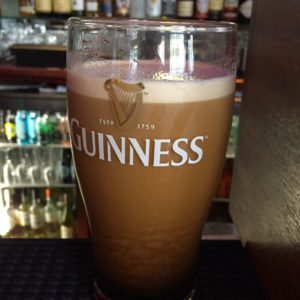Wait for the sun on a winter’s day
And a beam of light shines across the floor.
Mysterious ring, a magical ring.
But forgotten is the race that no-one knows.
Hill of Tara
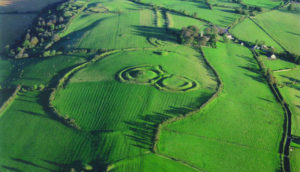
My primary reason for adding a few days in Dublin at the end of the tour was to visit the Hill of Tara and the Newgrange passage tomb at Brú na Bóinne, two of the most important historical and mythological Celtic sites in Ireland. I chose a Mary Gibbons tour that included both sites, with a knowledgable guide who worked on archeological digs and who also told entertaining stories on the bus trip (such as details of the Battle of the Boyne and a tale about the farmer who turned his crop into a weirdly-flavored potato chip empire). We left Dublin early enough to share the paths with only a few local joggers, and wandered freely around the main monuments of the hill: the Mound of Hostages, the King’s Seat, and Cormac’s House. Despite its importance as the inaugural site for High Seat of the High Kings of Ireland and a dwelling of the gods and entrance to the Celtic Otherworld, Tara is a peaceful as well as a spiritually powerful spot, with a few small shops and a small car park. St. Patrick’s Church, its attached cemetery, and a holy well also connected to the saint can also be visited.
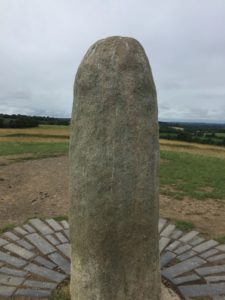
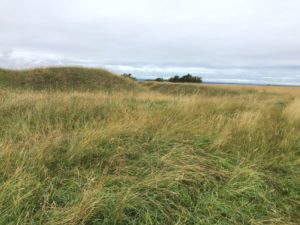
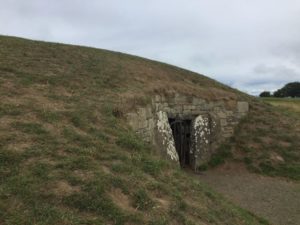
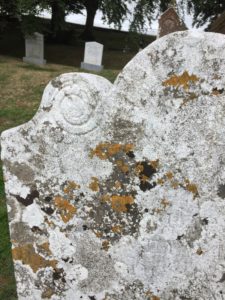
Newgrange
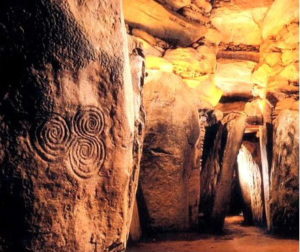
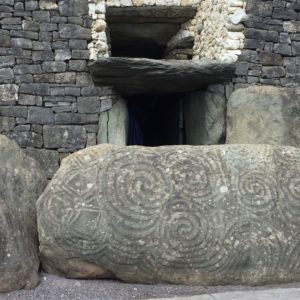
Brú na Bóinne is located within a bend of the River Boyne, approximately 40 km north of Dublin. The archaeological landscape within Brú na Bóinne is dominated by three large passage tombs, Knowth, Newgrange, and Dowth, built some 5,000 years ago; an additional ninety monuments have been recorded in the area. Access to the passage tombs, declared a UNESCO World Heritage Site in 1993, is controlled through a well-run Visitors Centre with minibuses taking small groups to the sites. This is a very popular tourist attraction, but the large number of visitors does not detract from the powerful impact of entering the burial tomb and admiring the construction and artistic designs within. Entering the tomb at Newgrange was absolutely magical. Even in summer, and experiencing only a simulation of the illumination of the chamber and passage at sunrise during the winter solstice through the roof-box opening, it’s obvious how powerful the experience would be for the Neolithic peoples of Ireland, perhaps even for the gods of the Tuatha Dé Danaan.
Anybody can enter the lottery for a chance to enter the Newgrange passage tomb during the winter solstice period, although there is no guarantee that the weather will cooperate. Voices from the Dawn, a web site covering the folklore of Ireland’s prehistoric monuments, offers a virtual tour of the Newgrange burial tomb (and some excellent information on the history and archeology of the site).
